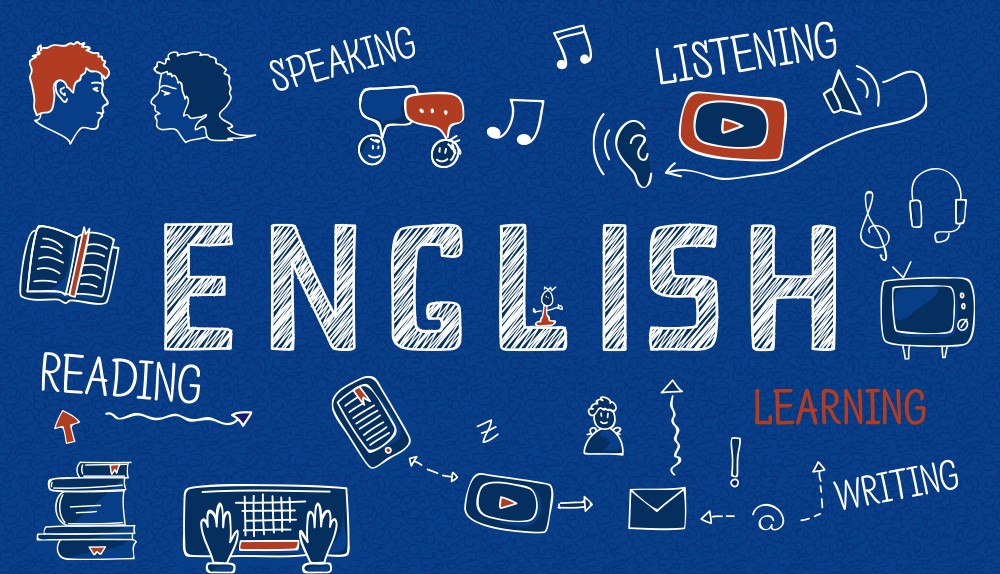
Class VIII Curriculum for Language and Literature
Reading
1) Literary/non-literary texts on a wide range of themes covering different genres and registers. The themes may include:
- Self, Family, Home, Friends, etc.
- Neighbourhood and Community.
- The Nation – diversity (sociocultural, religious and ethnic, as well as linguistic), heritage
- Myths/legends/folktales
- The World – India’s neighbours and other countries (their cultures, literature and customs)
- Adventure and Imagination
- Sports and Yoga
- Issues relating to Adolescence
- Science and Technology
- Peace and Harmony
- Travel and Tourism
- Mass Media
- Art and Culture
- Health and Sanitation
- Famous Personalities & achievers
- Environmental concerns – water conservation, cleanliness and sanitation, Safety – personal safety & awareness about child abuse, conservation energy, sustainable development.
2) Extensive and intensive reading of the texts for comprehension, inference, etc.
3) Focus on the choice of vocabulary/figurative language and tone/mood used in the text.
4) Deconstruct the textual piece to understand the
- Central theme
- Point of view
- Character
- Plot
- Dialogue/incident
- Structure
- Suspense
- Humour
- Points of view
5) Evaluate and analyse the text from the point of view of its
- Production
- Drama
- Film content
Writing
- Paragraph (250 -300 words)
- Letter (formal, informal)
- Advertisement
- Diary
- Journal
- Notice
- Poster
- Articles
- Report
- Personal narrative
- Anecdote
- Story
- Poem
- Feature
- Dialogues
- Write across disciplines
- Use of technology as a resource to enhance research work.
- Process approach to writing by planning, writing, revising, editing, and rewriting
Grammar and Vocabulary in Context
- Phrases and clauses and their function in specific sentences
- Sentenced Analysis
- Main clause and subordinate clause (s).
- Sentence transformation from simple to complex /compound sentences.
- Use phrases, idioms figure of speech in context
Literature
- Countable and uncountable nouns
- Simple Tense (Past, Present and Future)
- Singular and Plural & Continuous Tense (Present, Pastand Future)
- Adverbs & Adjective
- Subject and Predicate
- Punctuation
- Preposition
- Direct & Indirect Speech
- Lord of the Flies – William Golding
- A Wizard of Earth Sea – Ursula Le Guin
- The Hobbit – J.R.R. Tolkien
- Watership Down – Richard Adams
- To Kill a Mockingbird – Harper Lee
- The Boy in the Striped Pyjamas – John Boyne
- A Tale of Two Cities – Charles Dickens
- Les Misérables – Victor Hugo (Abridged)
- Sherlock Holmes – Sir Arthur Conan Doyle
- The Old Man and the Sea – Ernest Hemingway
- The Pearl– John Steinbeck
- P.G. Wodehouse (Jeeves/Blandings Castle, etc.)
- The Ramayana/ Mahabharata – C. Rajagopalachari
- Graphic Novels (e.g., Maus – Art Spiegelman)
- David Copperfield – Charles Dickens





